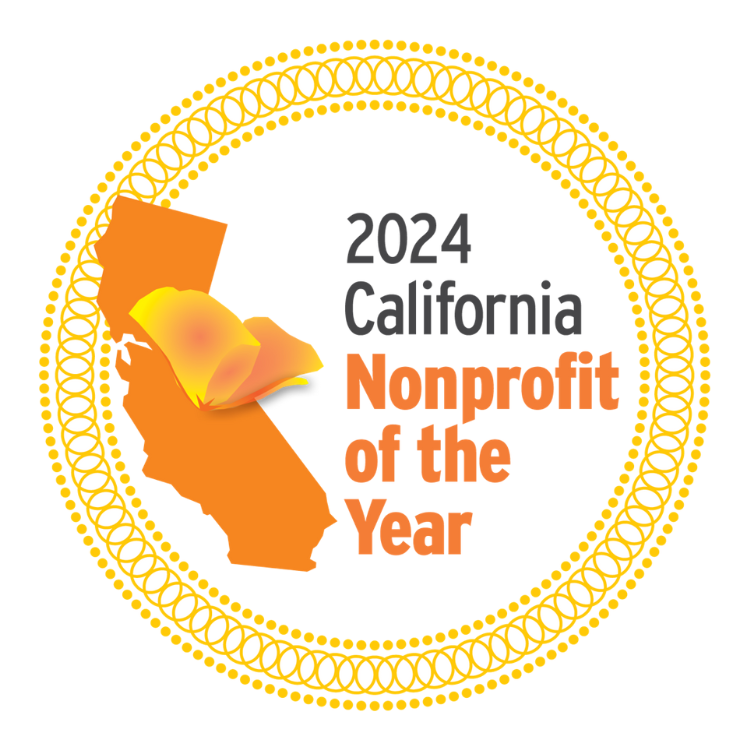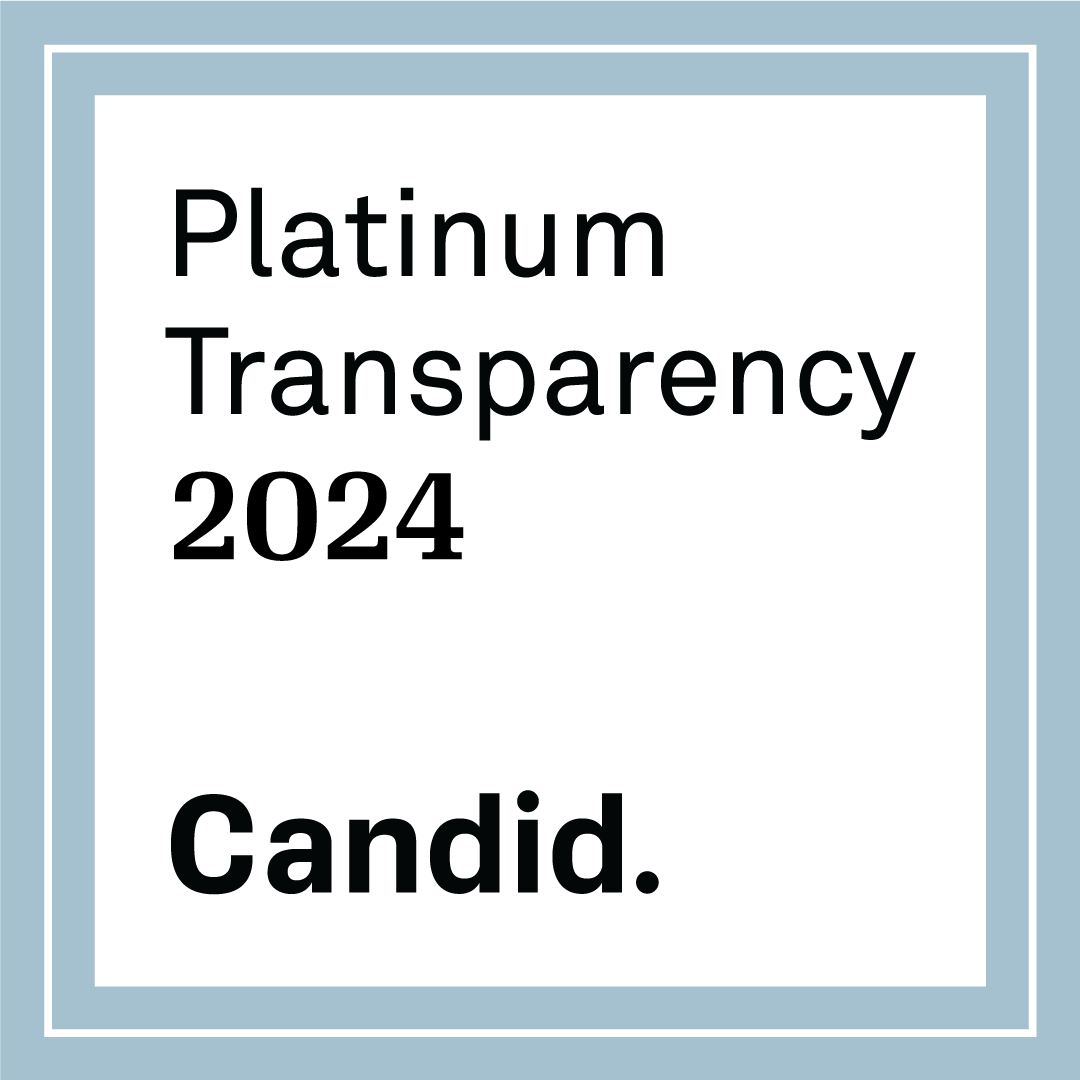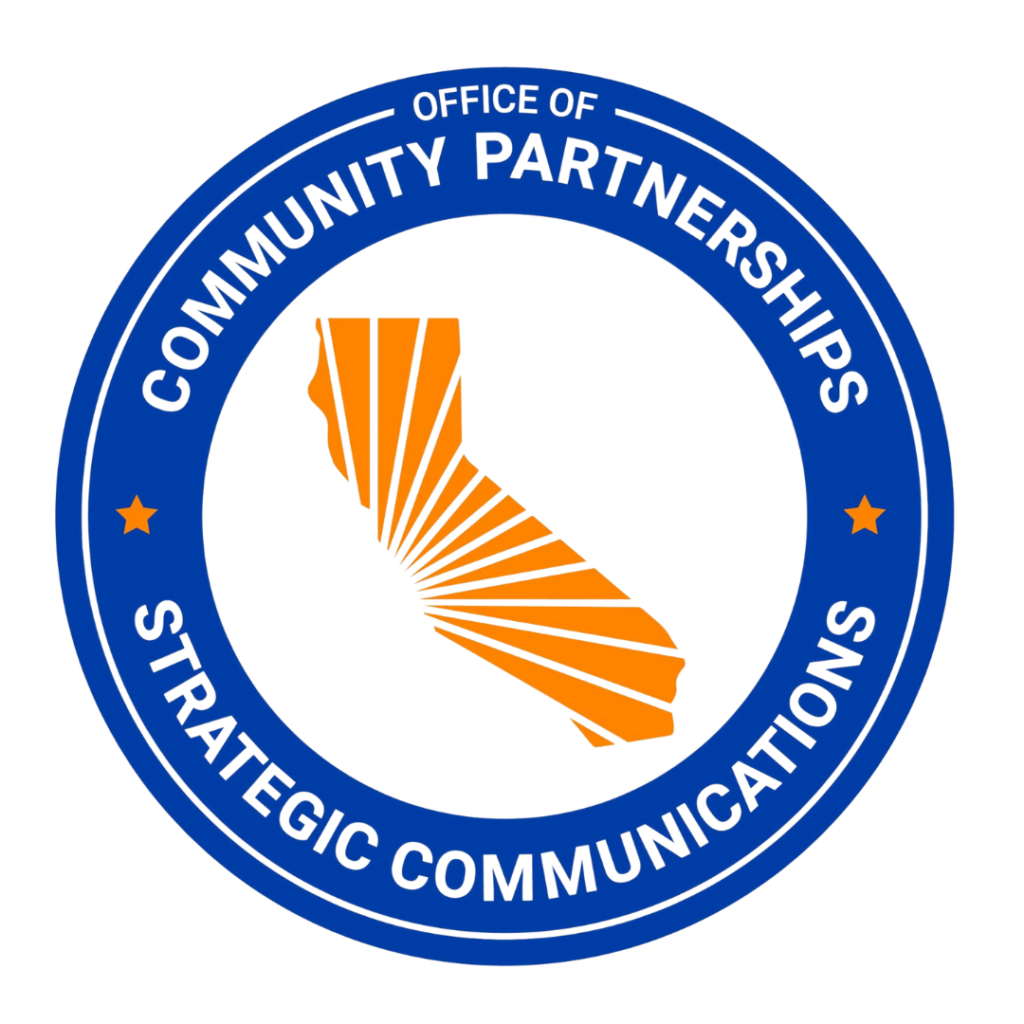Coastkeeper Says Today’s Approval of Statewide Trash Rules Empowers Orange County’s Efforts in Place Since 2011
California State Water Quality Control Board passes mandatory guidelines for cities and counties to prevent trash from reaching our waters
ORANGE COUNTY, April 7, 2015 – Today, the California State Water Quality Control Board put into motion a first-of-its-kind statewide policy to prevent trash from reaching the state’s waters–and Orange County Coastkeeper says this move validates efforts in place since 2011 in Orange County.
Operating under its Ocean Plan, the State Board’s Trash Policy puts into place a ten-year timeline for the state’s cities and counties to implement one of two paths to compliance, both aimed at getting to an eventual “no trash in our waters” outcome. The State Board modeled its policy after a similar program in Los Angeles that prevents more than one million pounds of trash from reaching Southern California waters every year.
Orange County Coastkeeper welcomes this as a compliment to its Measure M efforts. Since 2011, Coastkeeper strongly pushed for and continues heavy involvement in the management of the Environmental Clean-up Fund of Measure M. Thanks to Measure M, Orange County cities have been installing storm drain screens and inserts to catch trash, including some hydrodynamic separators in larger residential areas. To date, every city in Orange County has applied and been approved for funding, a total of $37 million to reduce trash.
“Orange County’s economy is driven by tourism and the dollars it brings to our region—an investment in trash prevention measures is an investment in our livelihood,” said Garry Brown, Orange County Coastkeeper’s executive director. “Today’s action by the State Board to prevent trash from reaching the state’s waters should encourage Orange County cites to be even more aggressive in developing plans to eliminate trash in our waters. We have made great progress and have a long way to go.”
Today’s approved guidelines declare a goal of no trash to be present in any ocean waters, bays, or surface waters of the state. As a complement to the state and local bag bans that aim to reduce plastic pollution at the source, California’s Trash Policy puts the impetus on cities and counties to control litter from entering waters through storm drains using one of two programs.
First, within ten years, a municipality can choose to install and maintain trash-catching devices on all storm drains in high-density residential areas, industrial- and commercial-zoned areas, and public transportation stations. Second, within ten years, municipalities can create a self-selected trash reduction program to include: increased street sweeping, consumer education programs on littering, installation of trash-catching devices on storm drains, and enactment of local ordinances to ban sources of litter. Municipalities that opt for the second path will have to demonstrate equivalent trash reduction to that achieved under the first path.
“The State Water Board’s Trash Policy is essential to protect California’s tourism- and recreation-based economy and could become a national model for keeping trash out of waters,” said Sara Aminzadeh, executive director for California Coastkeeper Alliance and organizer of the Blue Business Council, a network of business partners that care about clean and plentiful water in California. Aminzadeh said 25 businesses, including Patagonia, Klean Kanteen and Clif Bar, signed onto and issued a statement of support for Trash Policy.
###
ORANGE COUNTY COASTKEEPER: Founded in 1999, the mission of Coastkeeper is to protect and promote sustainable water resources that are swimmable, drinkable, and fishable. Coastkeeper is a nonprofit clean water organization that serves as a proactive steward of our fresh- and saltwater ecosystems. We work collaboratively with diverse groups in the public and private sectors to achieve healthy, accessible, and sustainable water resources for the region. We implement innovative, effective programs in education, advocacy, restoration, research, enforcement, and conservation. For more information, visit www.coastkeeper.org or call 714-850-1965.

